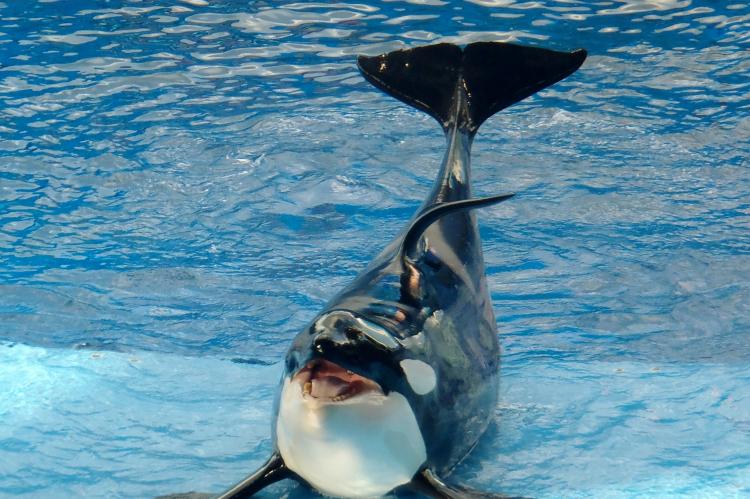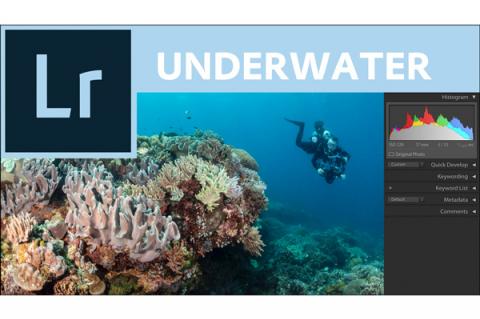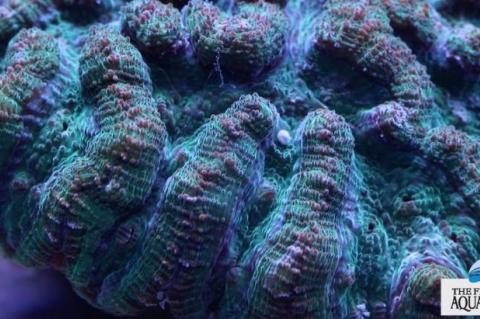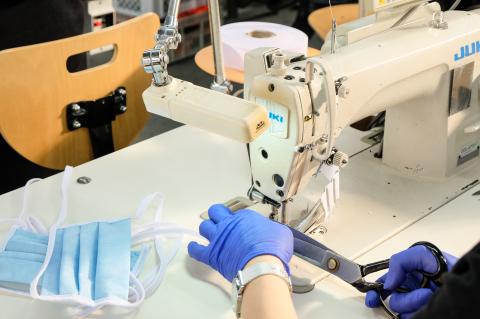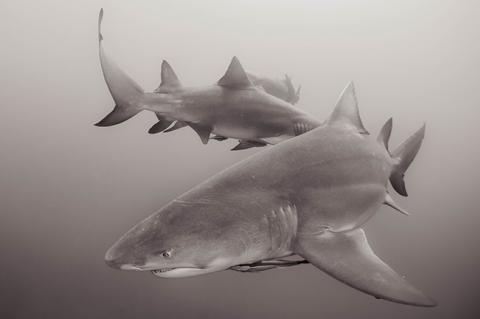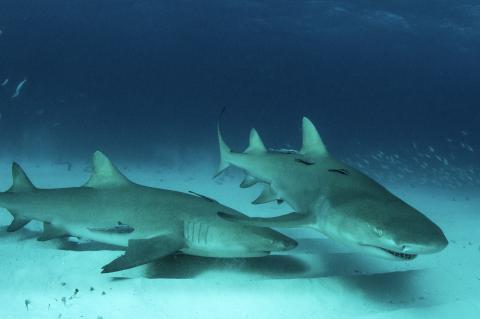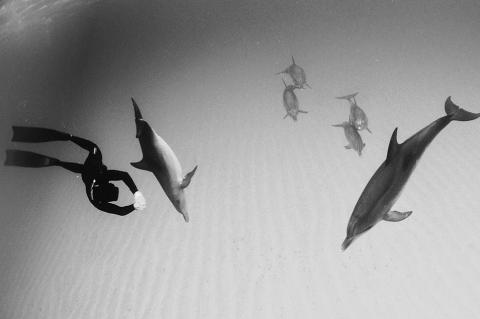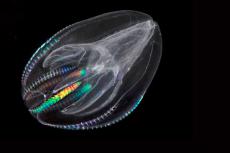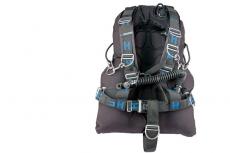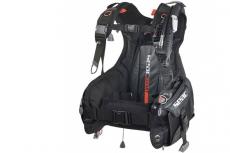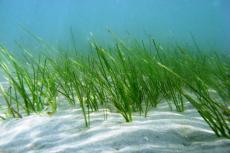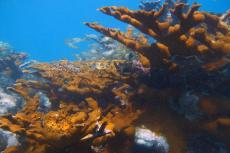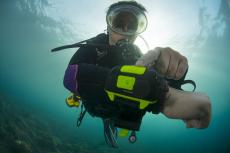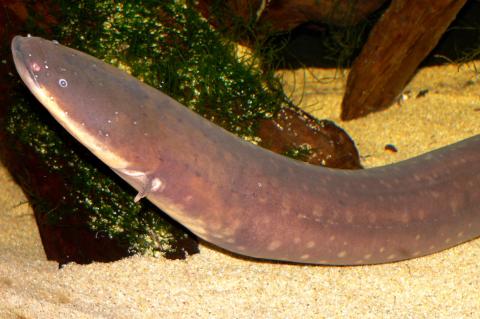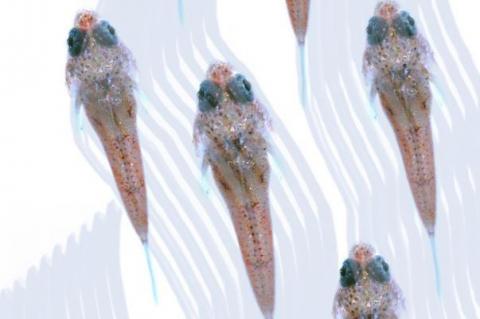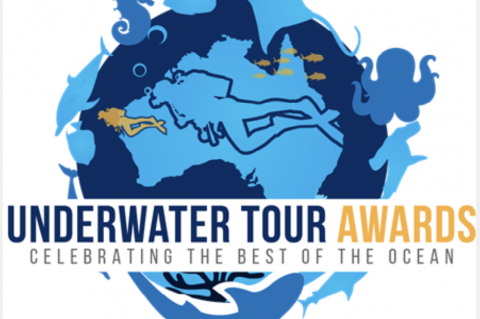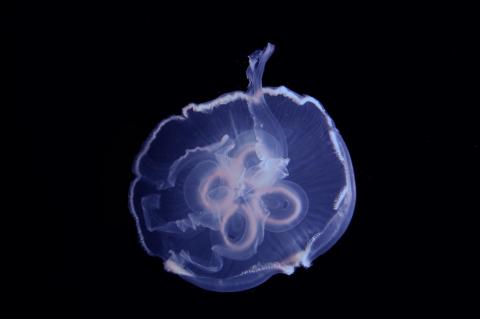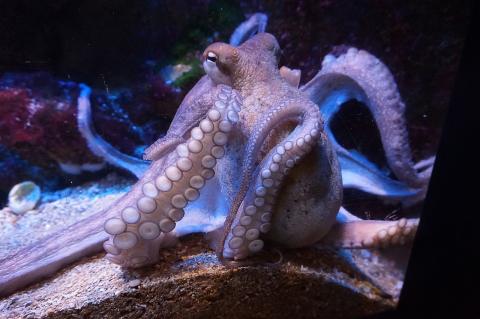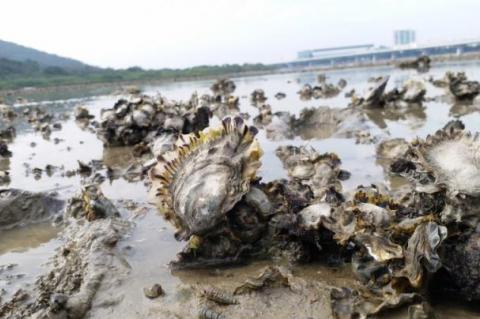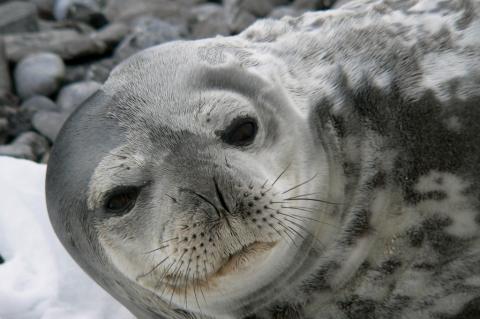More companies cut ties with attractions housing captive cetaceans
Whether or not you have watched (or agree with) the movies Free Willy or Blackfish, the predicament of captive cetaceans is one that can spark off a heated debate from both sides of the fence.
Nonetheless, such movies and increased awareness have led to public calls for attractions and venues that keep wild animals captive to release them.
Marine-animal attractions like SeaWorld are particularly under fire due to their animal shows featuring captive cetaceans trained to perform for public entertainment.
In response, more and more companies—specifically airlines and travel portals—have responded accordingly.
Canadian ban
Earlier this year, Canada passed a ban on the keeping dolphins, whales and porpoises for entertainment. Similar bans have been passed in countries like Brazil, Bolivia, Chile, Costa Rica, India, Luxembourg, Norway, Switzerland and the UK.
Airlines and travel providers like British Airways, Delta, JetBlue, United Airlines, Virgin Holidays and Thomas Cook have cut ties with and stopped selling tickets to SeaWorld.
“Our customers tell us they have concerns about wild animals being kept in captivity, and increasingly see animal performances in particular as outdated,” said Claire Bentley, Managing Director of British Airways Holidays.
"Mixed views"
However, the path to change is not so cut and dried.
Qantas announced at the end of August 2019 that it would continue to sell tickets to SeaWorld. This is contrary to its announcement earlier the same month that it would cut ties with venues that housed captive cetaceans.
This turnabout prompted Ben Pearson, Head of Campaigns at World Animal Protection to comment: “Their original commitment would have moved us closer to a future where the only place that people could see dolphins is in the wild, where they belong."
On its part, Qantas acknowledged the “mixed views” on the issue, but said they would continue to sell hotel rooms and entry tickets to theme parks on the Gold Coast (including SeaWorld) as many customers wanted to visit SeaWorld while holidaying on the Gold Coast.
For travel portal TripAdvisor (and its subsidiary brand Viator), its October 2019 decision to halt the sale of tickets and the generation of revenue from attractions that contribute to the captivity of future generations of cetaceans was in line with its animal welfare policy.
This move is being implemented progressively and is expected to be in full force by the end of 2019.
However, it acknowledges that for cetaceans currently in captivity, being released into the wild is not a realistic option.
Hence, it will continue to sell tickets for facilities that house their cetacean charges in seaside sanctuaries (or are developing such sanctuaries), which would confine the animals in a coastal body of water that is as natural as possible.
At time of printing, SeaWorld’s US websites indicate that their current population of cetaceans would be the last generation to be housed there, despite the fact that their cetacean shows are still on-going.


